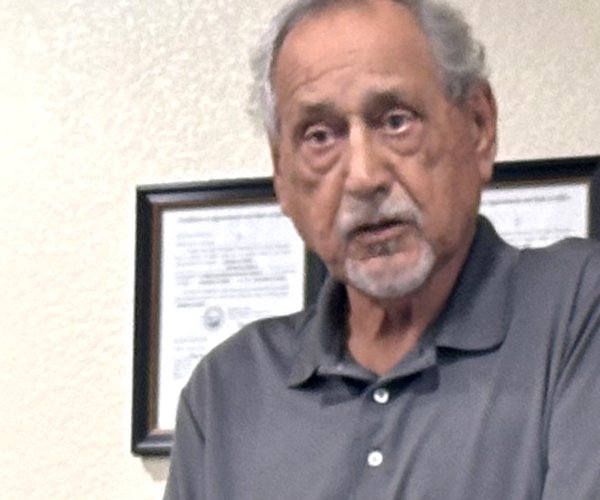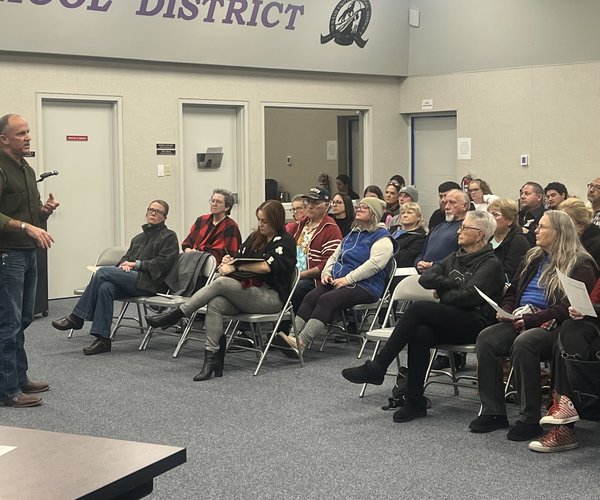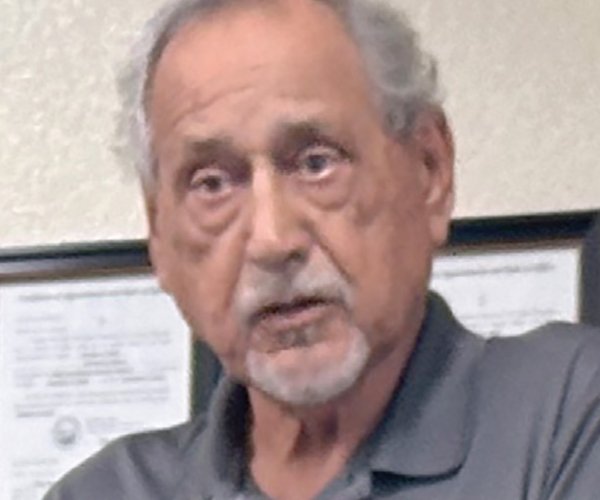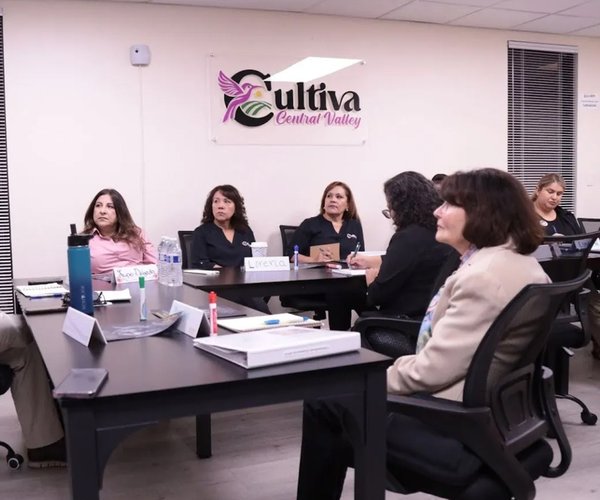The $1 trillion federal infrastructure package is being touted as a victory for the country’s roads, water storage, internet capabilities and public works systems, but how will it benefit Turlock?
Infrastructure bill will help Valley store water, fix roads





